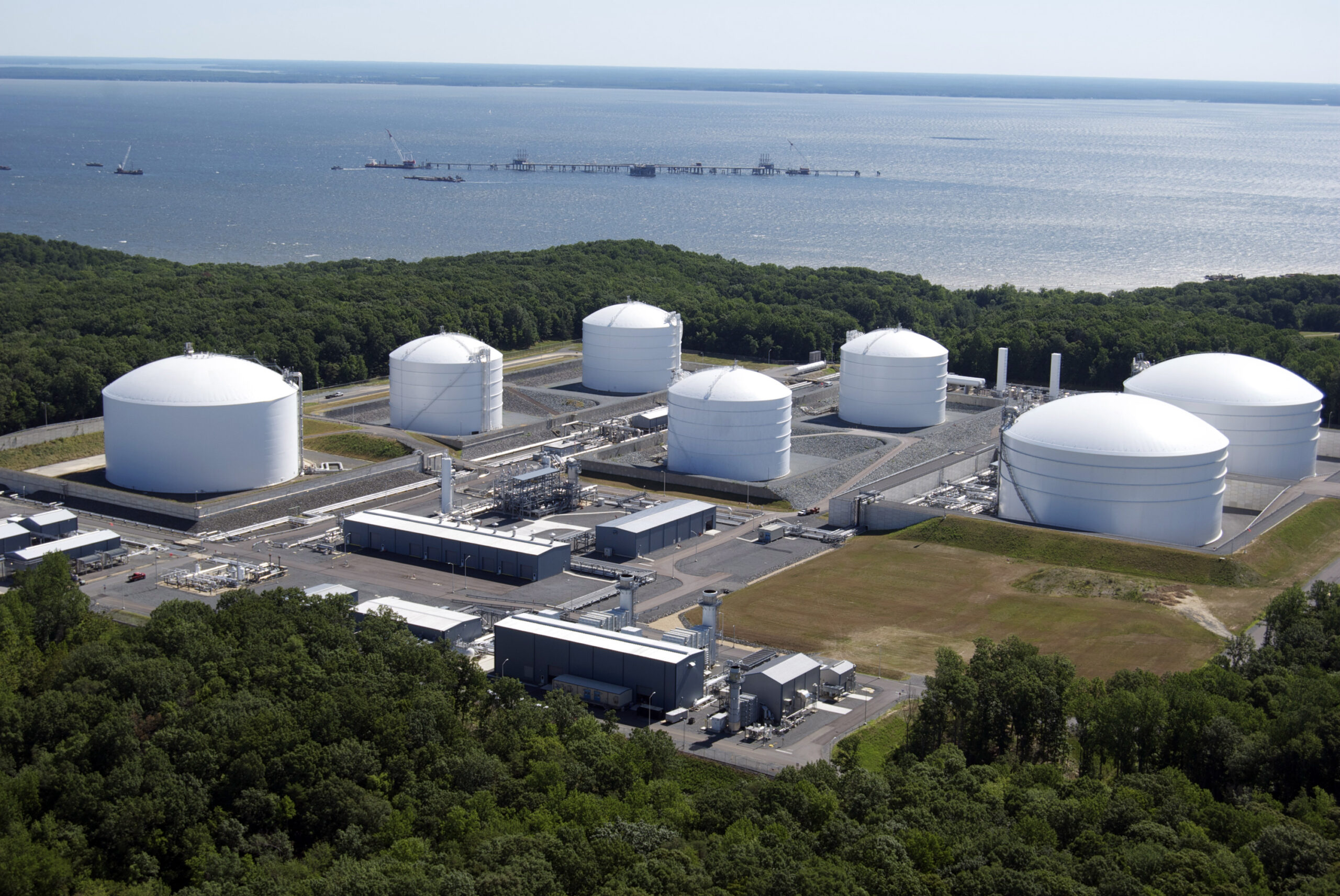

[embedded content]
President Joe Biden’s pause on approvals for pending liquefied natural gas export terminals Friday was met with deeply divided responses, earning praise from Democrats and environmental groups while sparking fierce backlash from Republicans and industry groups.
Biden, for his part, said in a statement that the pause “sees the climate crisis for what it is: the existential threat of our time.”
Here’s an early look at the winners and losers from the project pause:
Winners:
Climate activists
Climate groups praised the decision Friday, with EarthJustice describing it as a “major step in the right direction.”
Others, including some groups that had planned sit-in protests outside the White House to urge the Biden administration to halt the new LNG export facilities, including the Calcasieu Pass liquefied natural gas export terminal in Louisiana, also praised the decision.
The groups had opposed the new projects primarily due to a feared increase in methane emissions. Liquefying natural gas is an emissions-heavy process, as is sending it overseas, though the exact impact on the environment has yet to be determined as oil and gas producers in the United States continue to work to lower their emissions profiles.
Still, many had objected to the size of the planned projects: The U.S. has risen to become the world’s No. 1 exporter of LNG, with its capacity projected to double by the end of the decade, according to estimates from the Energy Information Administration.
Liberal Democrats
Liberal Democrats in Congress have urged the Biden administration to include climate consideration in its new LNG export facilities. In a letter to the Department of Energy late last year, Sen. Jeff Merkley (D-OR) echoed climate groups’ concerns that the DOE’s approval process to non-FTA countries “does not fully or accurately consider how LNG exports negatively impact the climate, environmental justice communities, or increase domestic energy prices.”
Moderates in the party, however, appear more divided.
Senate Energy and Natural Resources Committee Chairman Joe Manchin (D-WV) said his panel will investigate the move to determine if it is “just another political ploy to pander to keep-it-in-the-ground climate activists at the expense of American workers, businesses and our allies in need.”
Losers:
Industry groups
The decision comes much to the chagrin of industry groups and U.S. fossil fuel interests.
For other developers, the pause creates more uncertainty as to what to expect from the Biden administration, which has at times whipsawed between making overtures to the fossil fuel industry and blaming them for the energy crisis or the record-high gas prices seen for much of 2022.
The LNG decisions “are the latest example of some of the schizophrenia that we’ve seen come from this administration,” Christopher Guith, the senior vice president of the U.S. Chamber of Commerce’s Global Energy Institute, told the Washington Examiner in an interview. “On one hand, they’re saying that energy security is imperative and on the other hand implementing policies that damage [that], saying that the relationship the loyalty to our geopolitical allies is sacrosanct, and then putting it into question.”
“Overall,” he said, “there’s a lot of fits and starts.
The U.S. has seven active LNG export terminals and is in the process of building five additional facilities with a baseload export capacity of more than 70 million tons per year.
Republicans
Republicans argue that pausing LNG exports without congressional approval could have significant economic and national security concerns.
House Energy and Commerce Committee Chairwoman Cathy McMorris Rodges (R-WA) and other Republicans have also described the pause as a “gift to Putin” because it could force the European Union and other countries to deepen their dependence on Russia for the chilled natural gas.
In a letter to Biden Friday, Sen. Bill Cassidy (R-LA) and 25 other Republican senators blasted the decision, noting that “it would be reckless to jeopardize our advantage, especially in a world where energy is frequently being used as a geopolitical weapon.”
European Union
The EU has scrambled to offset Russian gas supplies, and primarily Russian piped gas, following its February 2022 Ukraine invasion and the throttling of deliveries via the Nord Stream 1 gas pipeline, which later exploded in September 2022.
CLICK HERE TO READ MORE FROM THE WASHINGTON EXAMINER
The bloc now depends heavily on LNG imports from suppliers, and its demand increased by 60% compared to before the war.
The bloc continues to relieve gas from Russia: Russia is the second-largest LNG exporter to the EU, behind the U.S. Though the bloc has passed a sanctions package banning imports of Russian natural gas, the ban does not begin to take force until 2027.






